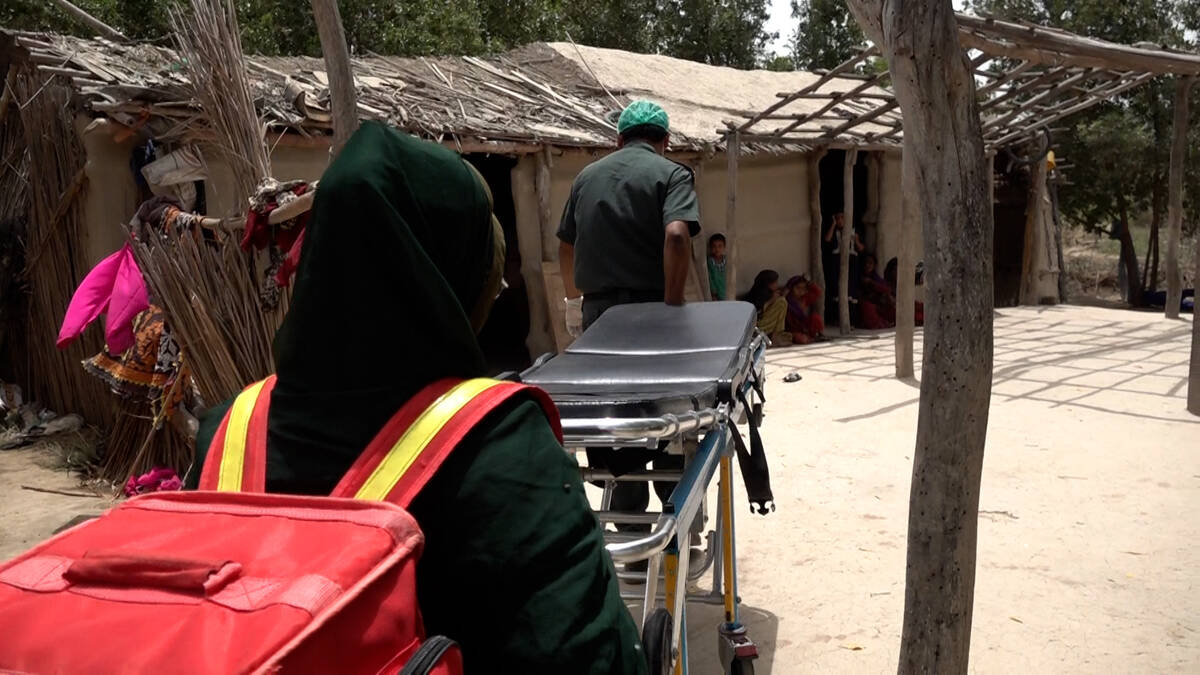KARACHI: An American multinational company facilitating trade and commerce through payment cards has carried out a study about online scams and safety, showing that 91 percent of Pakistani consumers tend to disregard warning signs around online criminal activities which exposes them to high risk of fraud.
Headquartered in San Francisco, California, Visa Inc. enables electronic funds transfers across the world, mostly through debit, credit, and prepaid cards. It annually conducts the Stay Secure Study to raise consumer awareness and combat online threats to protect people preferring online financial transactions.
The annual survey carried out by Wakefield Research in countries across Central and Eastern Europe, the Middle East and Africa (CEMEA) revealed that 52 percent people indulging in online financial activities in Pakistan have fallen victim to a scam at least once which is in consonance with the global average.
“Even more alarming is the finding that 21 percent of the victims have been tricked multiple times, against the global average of 15 percent,” said the study released on Monday.
Despite 56 percent respondents claiming they were savvy enough to sidestep online and phone scams, the study noted that nine out of ten, or about 91 percent, were likely to disregard the warning signs that suggested online criminal activity.
“In today’s digital-first world, scams are evolving in sophistication with criminals using new approaches to trick unsuspecting consumers,” Leila Serhan, Senior Vice President and Group Country Manager for North Africa, Levant and Pakistan (NALP) at Visa, said in a statement. “Whether it’s a parcel held up at customs, a streaming subscription claiming to have expired, or a free voucher for a favorite brand, scammers are adopting extremely persuasive tactics to deceive their victims.”
“With the rapid growth in digital payments, it is essential now more than ever that consumers in Pakistan understand the language of fraud and act with a high level of caution,” she added.
The study revealed that those considering themselves knowledgeable were sometimes even more vulnerable, as false confidence could propel someone to click on a fake link or respond to a scam offer.
While many of these respondents felt confident about their own vigilance, over half of them (53 percent) said they were concerned that their friends or family could fall for a scam email offering a free gift card or product from an online shopping site.
Around 26 percent of Pakistani respondents also maintained they were concerned about children or minors, as well as retired people falling prey to online scams, according to the study.
In addition to notices involving orders, product offers, or feedback, people are most suspicious of password requests.
Less suspicious types of communications are updates regarding delivery or shipping, with only 46 percent listing them among top three sources of suspicion as compared to 42 percent globally.
Similarly, they were less wary of marketing communications regarding a sale or new product offering, or an invitation to provide feedback on a recent experience, though all of these methods had been used by scammers.
Much like the global average, only 57 percent said they tried to ensure that a communication was sent from a valid email address, while 55 percent noted they would ascertain if the company name or logo was attached to the message.
The Stay Secure Study also identified prevalent patterns in the language most associated with scams – and how vulnerable respondents in the surveyed countries turned out to be.
Cybercriminals often feign urgency to spur people into action, such as clicking a link or responding to a sender. Up to 41 percent of respondents, compared to 40 percent globally, fall for messages about a security risk, such as a stolen password or a data breach, while a notice from a government entity or law enforcement can trick 33 percent in Pakistan.
Gen Zers, or people born between the late 1990s and the early 2010s, are more likely to act on a giveaway than a notice from the government.
The study maintained consumers could better protect themselves by taking a few extra moments before clicking and understanding the language scammers use.
It also advised people to keep their personal and financial information to themselves to avoid being defrauded.


















